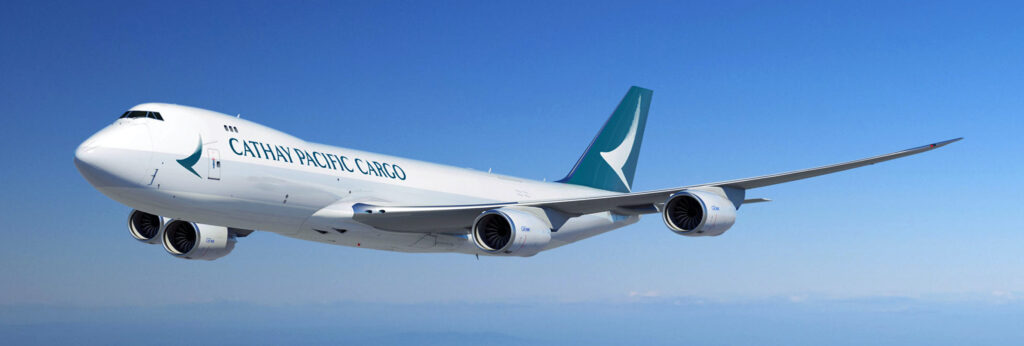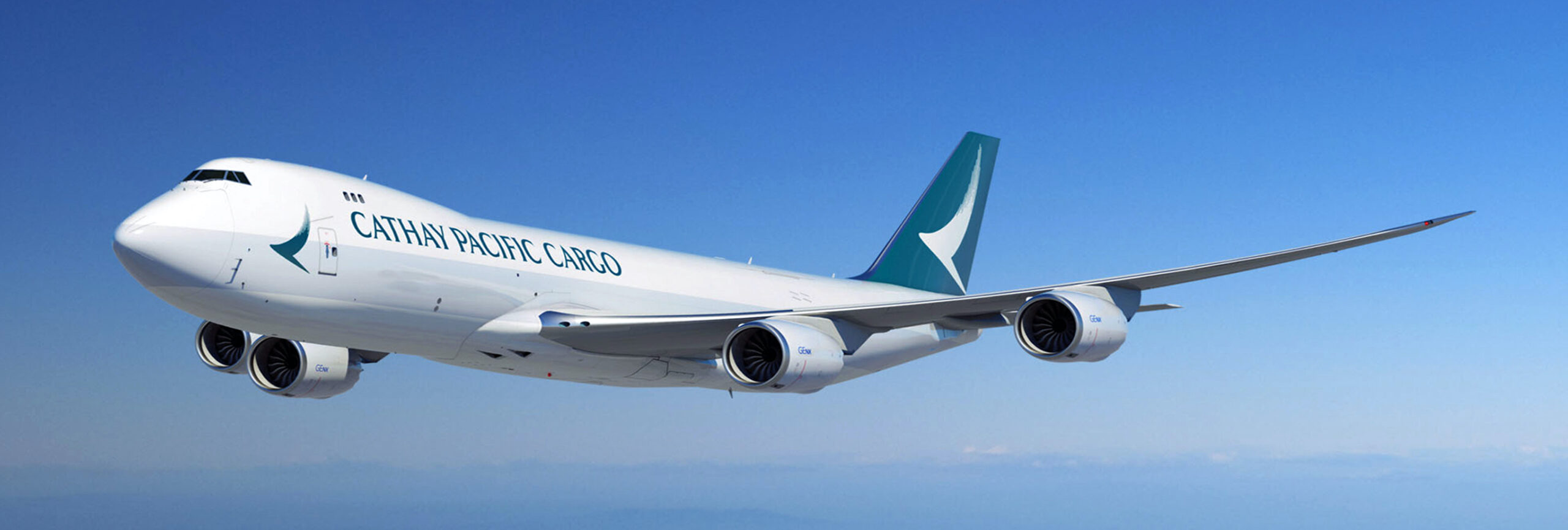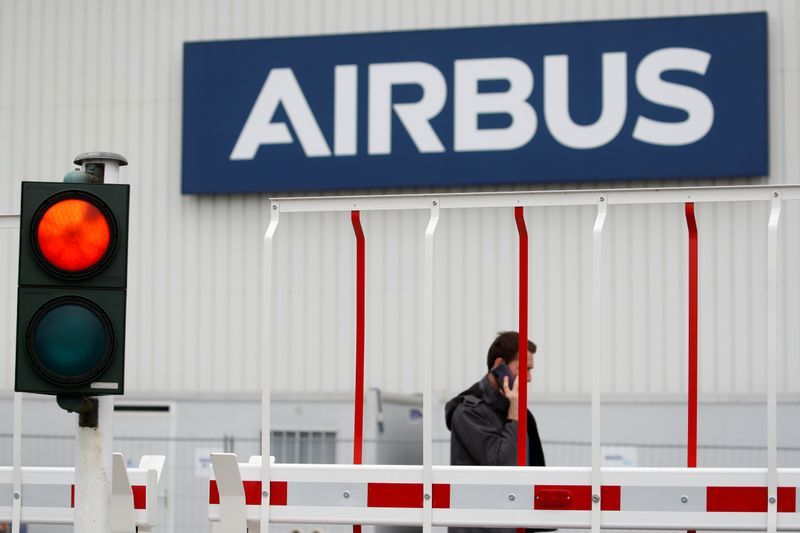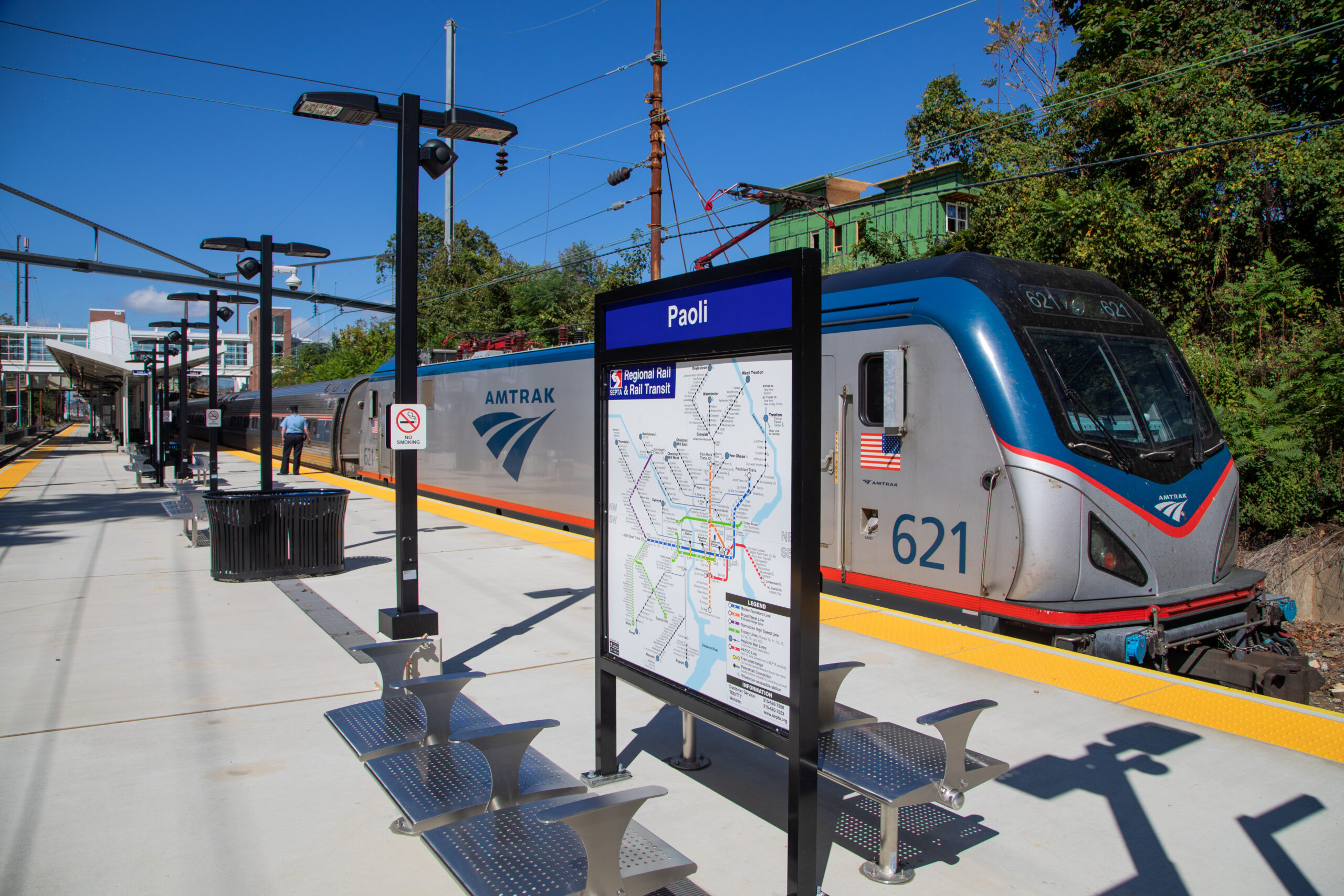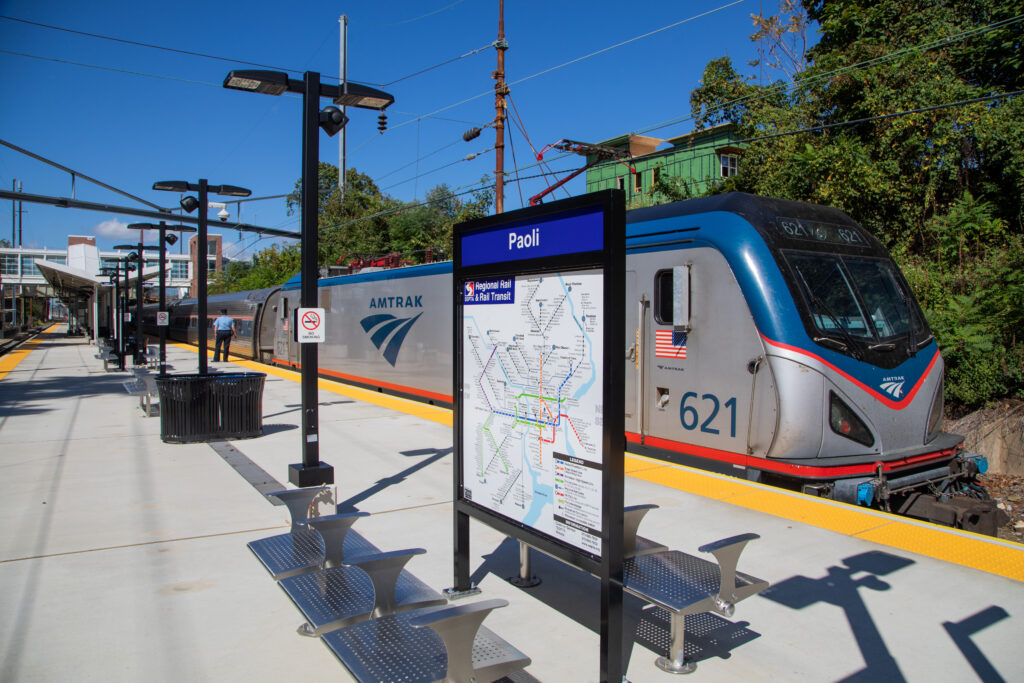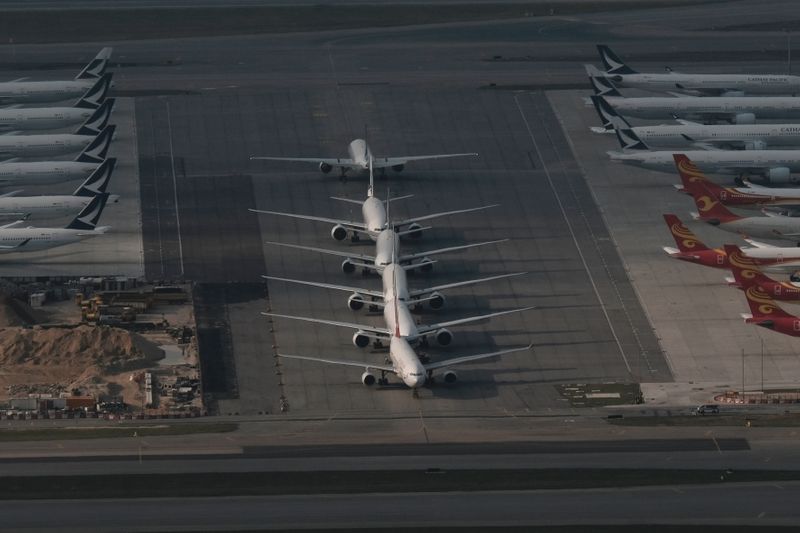
SYDNEY (Reuters) – Hong Kong’s Cathay Pacific Airways Ltd reported a record HK$9.87 billion ($1.27 billion) first-half loss and said it did not expect a meaningful recovery in passenger demand for some time due to the coronavirus pandemic.
The figure was in line with the HK$9.9 billion forecast it had flagged last month and included HK$2.47 billion of impairment charges.
Revenue plunged 48.3% to HK$27.7 billion in the six months ended June 30 as it slashed passenger flying to a barebones schedule due to lower demand and border restrictions, though it added more cargo-only flights as freight yields rose 44.1%.
The airline, which received a $5 billion rescue package led by the Hong Kong government, has so far refrained from large-scale job cuts but has warned it is reviewing all aspects of its business model with an update expected by the fourth quarter.
“Inevitably this will involve rationalisation of future planned capacity compared to pre-crisis plans, taking into account the market outlook and cost structure at that time,” Chairman Patrick Healy said in a statement on Wednesday.
It has rearranged its aircraft order book with Airbus SE to delay deliveries, is in advanced talks with Boeing Co to do the same and has begun sending one-third of its fleet outside Hong Kong for storage in less humid conditions.
The airline said last month that it had reduced its monthly cash burn to about HK$1.5 billion from between HK$2.5 billion and HK$3 billion while maintaining a minimal flying schedule.
Cathay is expected to report a full-year loss of around HK$13.6 billion, according to the average of 13 analysts polled by Refinitiv before it released its half-year results.
The airline’s shares had surged 9.3% on Wednesday ahead of the earnings announcement, which was made while trading was suspended for the market’s lunch break.
“It is laggard buying on some traditional economy stocks,” Steven Leung, a sales director at UOB Kay Hian, said of the rise.
($1 = 7.7506 Hong Kong dollars)
(Reporting by Jamie Freed; additional reporting by Donny Kwok in Hong Kong; Editing by Himani Sarkar)
